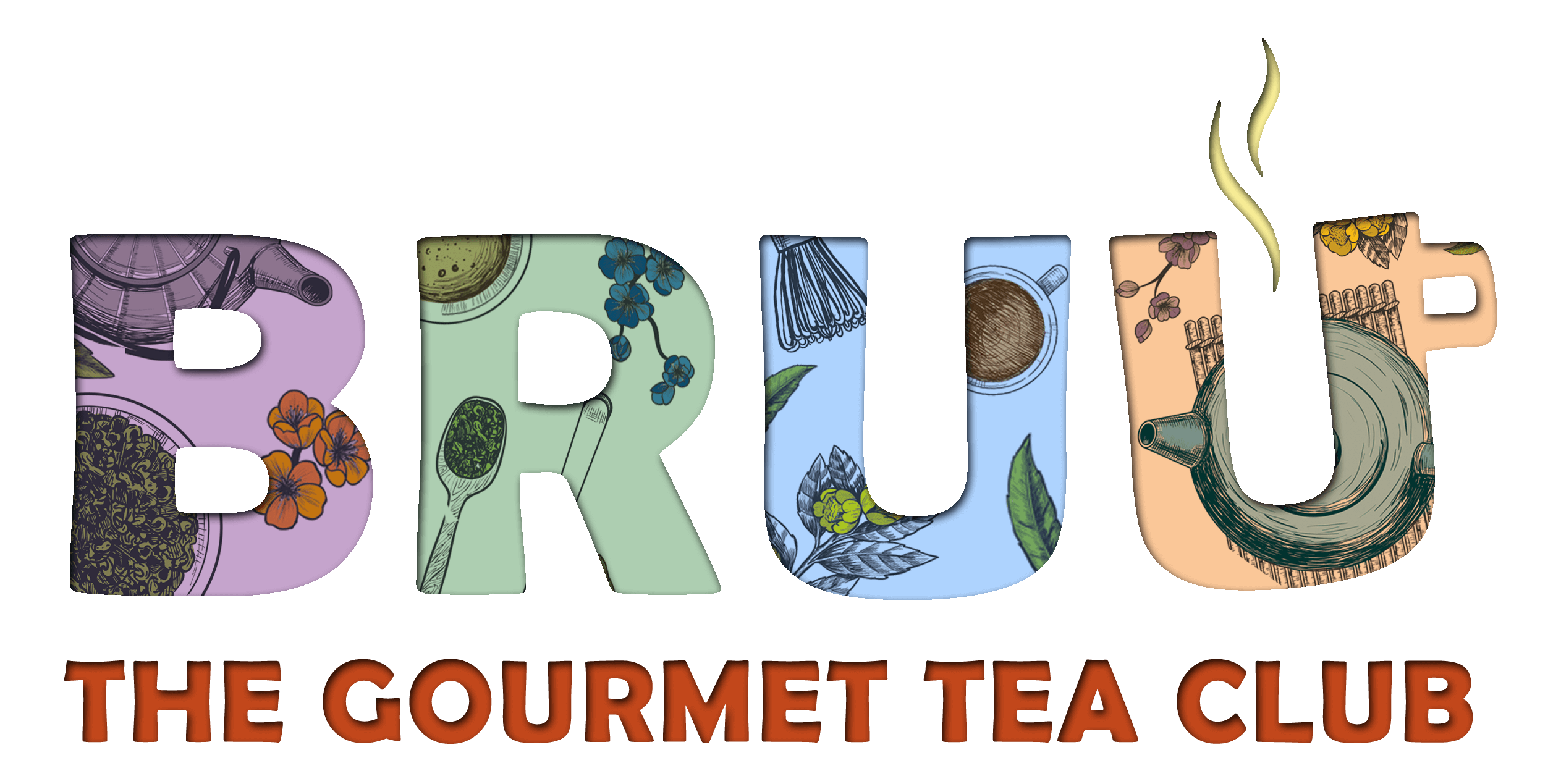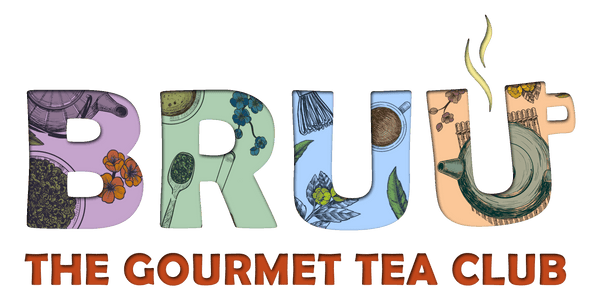How Much Tea Is Too Much


Tea Is one of the most drank beverages in the world and it can be extremely easy to consume tea in the masses. We are here to point out any possible negative in drinking too much tea if there even is any.
Insomnia, Restlessness, and dehydration
You may be wondering how tea links to any of these health problems. However, on average a cup of tea contains 47mg of caffeine. Doctors recommend a caffeine intake of no more than 400mg to reduce your chance of negative symptoms like restlessness, insomnia, headaches, dizziness, and dehydration. Therefore, in terms of caffeine, many consider more than 8 cups of tea to be too much.
Cancer & Heart Disease
Contrary to the negativity previously stated about tea a stable tea intake is very healthy. Tea has many hidden benefits, like the decreased chance of developing cancer and heart disease. While some teas do provide more pros than others it is vastly supported that a regular and healthy tea intake can be very beneficial no matter the tea.
Iron Absorption Issues
Consuming around 10 cups of tea per day could hinder your iron absorption due to the ingredient of tannins. Tannins are chemicals found in plant-based foods like nuts and fruits. Despite their ability to hinder iron absorption they also provide antioxidant properties which mentioned above help prevent cancers and heart disease. Therefore, a good healthy intake of tea has many benefits.
Bloating
Drinking excessive amounts of tea can often create bloating. Once again due to the ingredients of tannins and caffeine too much tea can cause a build-up of gas leading to stomach problems and bloating. Depending on how caffeine sensitive you are, bloating Can occur after only a few cups of tea.
Pregnancy Issues
Drinking upwards of 4 cups of tea per day during your pregnancy has the power to affect your baby’s growth and development. Doctors consider upwards of 200mg of caffeine per day to be dangerous. Considering on average a cup of tea contains 47mg of caffeine it is vital to watch your tea intake.
Anxiety
Caffeinated tea also contributes to the development of anxiety when over-consumed. However, some teas help fight against anxiety and stress like oolongs. Oolong tea is perfect for producing clarity, helping soothe your mind and increasing your mental performance.
Alternatives
If you love tea just as much as we do here at BRUU but don’t enjoy the negative effects of caffeine don’t worry! We have an extensive range of caffeine-free alternatives to ensure you can enjoy tea without any complications.




Leave a comment